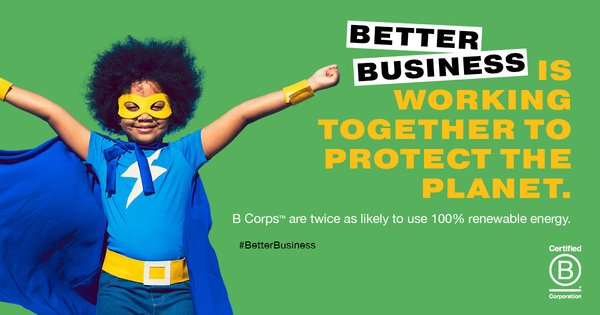As a young person and student studying the humanities, I, like many of my peers, have become increasingly aware of the impacts of climate change and have endeavoured to make small changes to reduce my footprint on the earth.
This includes things like bringing reusable water bottles and coffee cups to uni, reducing my amount of paper usage, and eating less meat. For me, and through discussions I have had with friends, family, and classmates, being more climate aware means making a conscious effort to change. This doesn’t have to mean drastically changing everything in our lives- certainly not all at once. What it does mean is recognising that every step towards being sustainable is necessary for a greener society and healthy planet.
When I began looking for an internship, I knew my interests were both in the humanitarian sector, but also within the sphere of climate change and sustainability. I was overjoyed to be accepted as an intern at Humanitarian Advisory Group (HAG), and throughout my internship have learnt the various ways in which HAG have been changing their processes and approaches to running a socially and environmentally conscious business. This means action and concrete steps such as making the business carbon neutral that demonstrate a commitment to upholding high standards as a Social Trader.
My internship overlapped with B-Corp month, in March. In Australia, being B-Corp certified means that an organisation makes a conscious effort to use their business for good – you can see examples by checking out the #betterbusiness hash-tag on social media this month. These businesses meet the highest standard for social and environmental performance, accountability, and transparency. HAG has been B-Corp certified since 2016. Being certified is a great achievement, but for students like myself, it can be difficult to connect these kinds of efforts to what we can do as individuals and to understand what sustainability means in a business setting.
There are a few simple changes that HAG have made in their practices which I believe we, as individuals, can learn from and implement in our own ways. For example, HAG has an extremely flexible working; staff work in person together just one day a week, in a co-working office, with the rest of the time from home. This reduces travel, whether by car or public transport, and also means that the business do not have the expenses or environmental impacts of maintaining an office. This effort to be flexible reduces HAG’s carbon footprint and shows that effective and meaningful work can be done in a way that is environmentally friendly.
Through their research, HAG is also aiming to contribute to an area where humanitarian and climate change activities intersect: how to make the sector itself more sustainable. Even as agencies confront what The New Humanitarian called ‘aid’s climate challenge,’ there is now much greater awareness of the environmental impact of humanitarian action. Some 80% of operational costs in disaster relief go towards logistics, which itself takes a huge environmental toll. Another issue is waste management, and the ways in which discarded products being brought to disaster-struck communities are disposed of.

Humanitarian organisations are recognising the crucial changes that can be made in their work to reduce their carbon footprint. For example, the International Committee of the Red Cross (ICRC) released a paper in 2018 acknowledging that a ‘green response’ to humanitarian work is becoming an integral aspect of their work, particularly because many of the communities where humanitarian assistance is required is due to natural disasters brought on by climate change. The green response emphasizes more environmentally sustainable solutions while maintaining a high standard of assistance.
HAG research on effective communication about climate change has sought to provide techniques and strategies that humanitarian organisations can use to promote and effect change. This approach can also be applied to ‘greening the system’, supporting the discussions and changes being made in humanitarian work to reduce environmental footprints, and how these decisions shape humanitarian responses. For HAG, these areas of research are important to their social purpose and values, and enhance their commitment to being a #betterbusiness.
For a student who is just starting out in the humanitarian sector, it is so exciting and uplifting to see social enterprises like HAG and their staff and partners recognising the crucial impact that they can have. What becomes clear from HAG’s efforts to be a #betterbusiness, is that effective, compassionate work is flexible. The ways in which a business can make these changes to be a more climate conscious and sustainable organisation really does show how each and every person has the capacity to make a difference. We are all accountable for our actions, and by supporting each other we can all contribute to a healthier world.
Credits: Photos by B-Corp and Niels Jilderda on Unsplash






